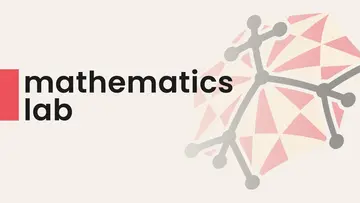Pre-talk: Sorting by TDRL and iTDRL
- Bruno J. Schmidt (IZBI, Leipzig University + MPI MiS, Leipzig)
Abstract
Tandem duplication random loss (TDRL) and inverse tandem duplication random loss (iTDRL) are mechanisms of mitochondrial genome rearrangement that can be modeled as simple operations on signed permutations. Informally, they comprise the duplication of a subsequence of a permutation, where in the case of iTDRL the copy is inserted with inverted order and signs. In the second step, one copy of each each duplicate element is removed, such that the result is again a signed permutation. The TDRL/iTDRL sorting problem consists in finding the minimal number of TDRL or iTDRL operations necessary to convert the identity permutation
